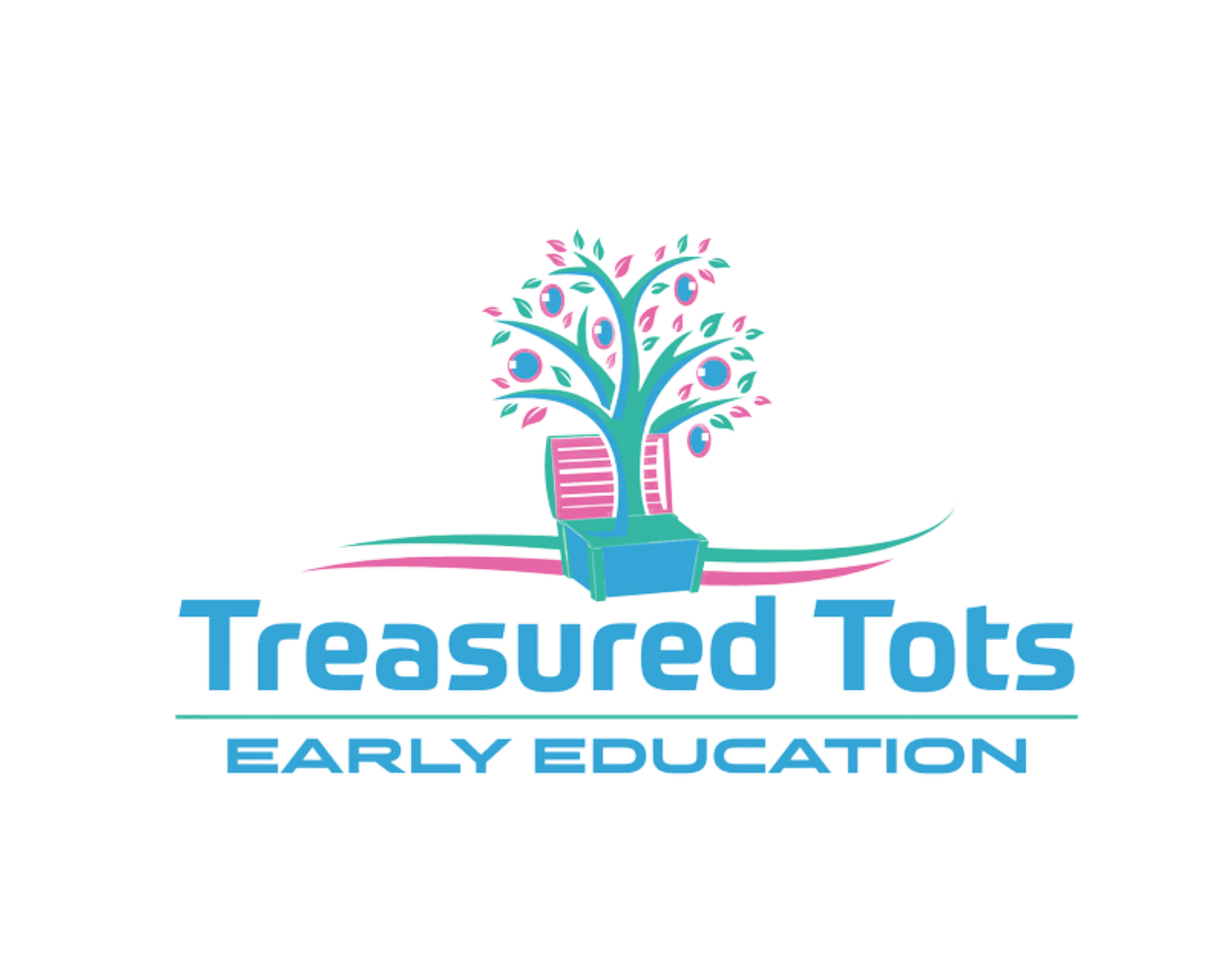Setting Up A Play Shop At Home
Pretend play is a really important way for children to learn about themselves and the world. They learn to make sense of what they’re observing, they learn to solve problems, they develop their communication, negotiation and thinking strategies and they develop important social skills.
For parents at home, a really good option for facilitating pretend play is to set up a ‘shop’. Kids love it and it’s a great way of combining fun and learning during imaginative role-playing scenarios.
You don’t need to spend money on buying specialised equipment to set up a great shop at home either. Yes, there are plenty of accessories you can buy like cash registers, plastic food, fake money etc but it’s entirely possible to find everything you need using recycled materials and ordinary household containers. You can involve the children in creating props for your shop and remember, you can always add things as you go along.
Here are some simple suggestions on how to set up your play shop at home.
First of all you need to find a spot for your shop which has sufficient space for a pretend check-out counter with a cash register and conveyer belt as well as a display space for the goods that are to be sold. You can use old boxes and containers for these or simply use an existing coffee table and bookshelf in your home if that’s easier. For the conveyer belt, you could use anything from a piece of black fabric or a scarf to a computer mouse pad or a book.
You’ll also need to decide what your shop will be selling. Getting the children involved in the decision-making is helpful and you can start collecting items once you know what you’re after. A grocery store or supermarket is probably the easiest shop to set up and will be one that children are probably most familiar with.
The children can help collect basic grocery items using pantry items (eg cereal boxes), leaves or weeds from the garden as veggies, empty containers such as milk and yoghurt cartons as well as some of their toys. Depending on how simple or complex you want your shop to be, you can create signs and prices for the items and group them together in specific areas, eg bakery, fridge, fresh produce etc.
Children often have as much fun setting up the shop and establishing the ‘rules’ as actually playing the game, so don’t try and fast-track the process.
Other accessories to consider include:
A shopping basket. You can use an old wicker basket or a box with handles such as a cardboard beer holder.
Money. You can use Monopoly money, make your own paper notes by cutting out and colouring in rectangles of paper, or use small pebbles as coins and big leaves as notes.
Shopping bag. A recyclable bag will encourage discussion about the importance of looking after the environment.
Prices for items. This is a good way of getting children to practise their number writing and mathematical concepts (assuming they are old enough!). A play shop actually presents endless opportunities for children to develop their numeracy skills. They can count things as they set them out on the shelves or place them in their baskets, plus they can count the items as they check out and add up how much they spend.
Customers. A fluffy toy could be an extra customer in the shop.
When it comes to actually playing the game, it’s a good idea to let the children direct the role-playing scenarios. Let their imaginations run wild and encourage them to work collaboratively as they take turns playing the shop assistant and the shopper. You can also use the role-playing scenario for teachable moments and to have conversations about the importance of healthy food, good manners, being considerate to others etc.
When the game has ended or when it’s time to stop playing, it’s also a good idea to encourage children to help tidy up and put things away. This not only teaches them a valuable life-skill but is can also be an opportunity for a discussion about what the children enjoyed most about the activity and what they learned.
Pretend play may not seem like a learning experience, but we know from the educational experts that it’s a really important aspect of a child’s developmental journey.
Role-playing can help children:
Make sense of the world
Develop social skills and learn to interact with others
Develop cognitive skills like numeracy and literacy
Develop their negotiation and communication skills
Express their ideas
Listen to the ideas and suggestions of others and take turns
Recognise and regulate their emotions
Learning through play is a fundamental concept at Treasured Tots, a leading childcare provider in Perth. They believe in the value of allowing children to explore and discover the world through play and you can see for yourself how they’ve raised the bar in terms of quality early education and care at their child care centres in Mandurah, Bibra Lake, Fremantle, Piara Waters, Hamersley, Bennett Springs and Bicton.

